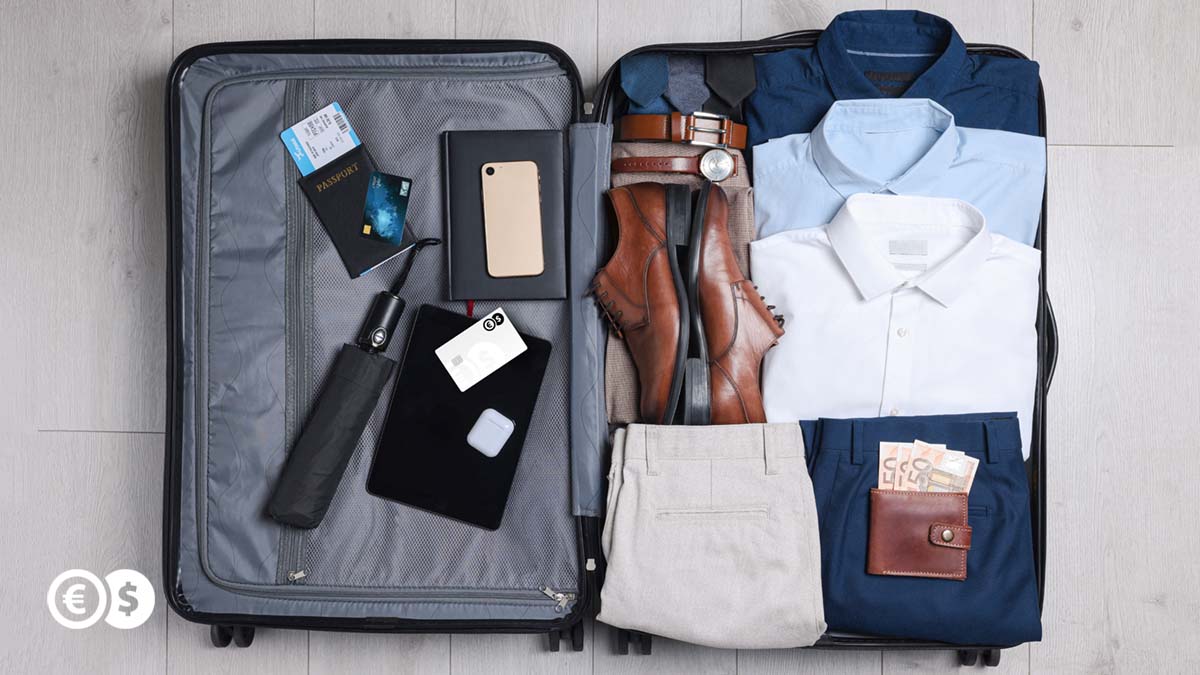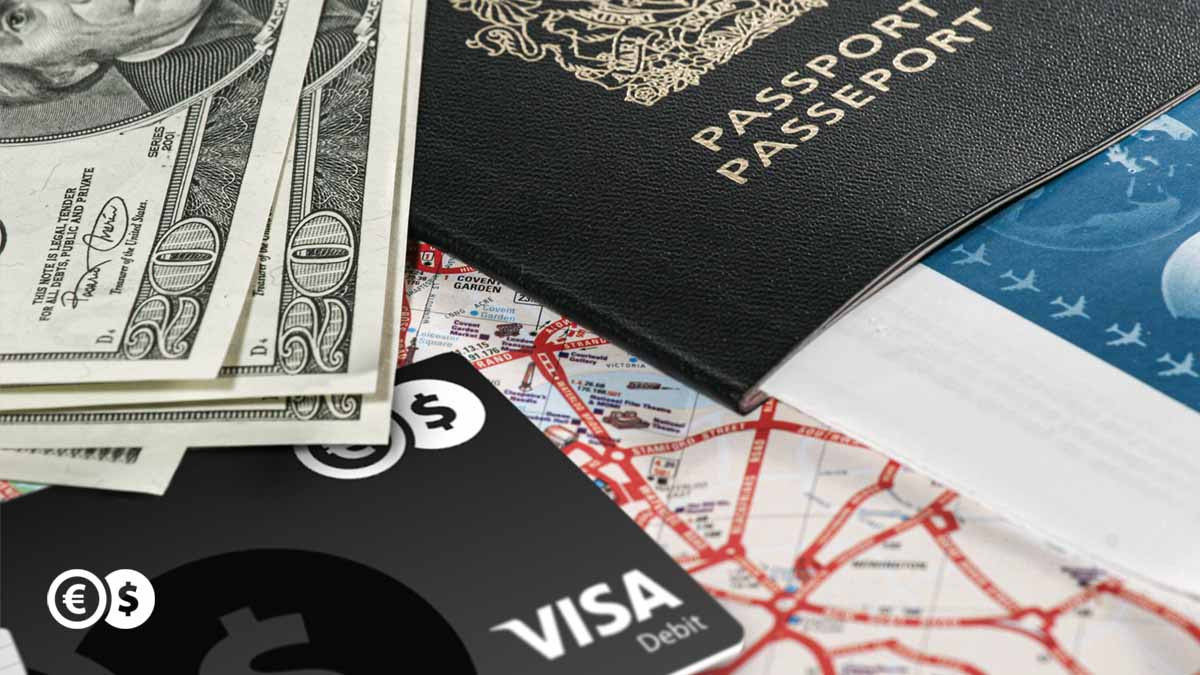Travelling abroad with large amounts of cash, whether for business or pleasure, can seem risky and worrying. Are there any limits on taking money from one country to another? If so, what are they and can they be exceeded in legitimate situations?
Table of contents

Payment cards and mobile payments are increasingly replacing the use of traditional notes and coins. However, there are times when circumstances require you to travel abroad with large amounts of cash. On the one hand, common sense dictates not to make a fuss about it for fear of theft. On the other hand, a customs check at the border, at the airport or on the road can expose the traveller with money to unnecessary stress and possible trouble. It is, therefore, worth knowing the rules, both regarding our rights and obligations.
It is important to determine who and what border is crossing
"When crossing the external borders of the European Union, for example from the UK to France, you can carry cash up to 10,000 euros or its equivalent in another currency, or around 8,900 GBP, without fear of breaking the rules. In the case of British currency, you can find out the exact limit by checking the average Bank of England exchange rate on the day before you cross the border. Similarly (with the help of indications from other central banks), it is also possible to determine the exact amounts in monetary units of others", says Robert Blaszczyk, Head of Strategic Clients Department at Conotoxia fintech.
The threshold of 10,000 euros (or its equivalent in another currency) applies regardless of the latest inflationary wave and the means of transport chosen (car, plane, train, boat). Significantly, the EU's official portal points out that the same limit also applies to collector coins containing at least 90% gold, precious metal bars and lumps, traveller's cheques, and banknotes and coins that are no longer in circulation but can still be exchanged for valid currency at a bank. At the same time, the EU stipulates that customs authorities may require a cash disclosure declaration where cash of at least EUR 10 000 is sent to or from the Union in a postal, freight or courier consignment. In such cases, the consignor, consignee or their representative must submit a cash disclosure declaration within 30 days of receiving a request from customs.
Citizens of countries that are both members of the EU and the Schengen area can feel privileged in this regard. These criteria are met by 22 countries: Germany, the Czech Republic, Slovakia, Lithuania, Austria, Belgium, Croatia, Denmark, Estonia, Finland, France, the Netherlands, Greece, Hungary, Italy, Latvia, Luxembourg, Malta, Poland, Portugal, Slovenia, Spain and Sweden. Citizens of the countries mentioned above moving within this area do not have to worry about the 10,000 EUR limit.
What is the penalty for breaking the rules?
If we want to bring into the EU or take out of the EU, for example, tens of thousands of euros, the foreign exchange law obliges us to notify the customs authorities in writing of such intention. The requirement is related to preventing so-called money laundering or terrorist financing.
When a traveller fails to comply with the obligation and crosses the border carrying cash far above the equivalent of 10,000 EUR, they must expect the money to be seized by customs authorities for clarification and a penalty. What the fine would be depends on the laws of each country, but the risk seems high. This is because the penalty can be as high as half of the illegally transported amount.

US: limit similar, only currency different
"When crossing the borders of the United States, the cash privacy threshold is set at 10,000 USD. US citizens, moving between states, can carry hundreds of thousands or even millions of dollars without having to report it to customs. Meanwhile, a European flying from Warsaw to New York, for example, would have to declare their intention to transport a similar amount in a customs declaration (a form called FinCEN From 105). Otherwise, they could carry up to 10,000 USD in cash, or according to Conotoxia.com's rates, just under 42,000 PLN, or about 9,000 EUR or just over 210,000 CZK", notes Robert Blaszczyk of multi-currency fintech Conotoxia.
The intention to arrive or enter via the Channel Tunnel from the European Union to the United Kingdom with cash exceeding the equivalent of 10 thousand GBP (about 52 thousand PLN) also requires notification to British customs authorities.
What instead of cash?
"A way to avoid the formal difficulties of carrying money across borders seems to be, for example, multi-currency cards. Such a product, e.g. from fintechs, allows us to deposit funds and make payments at any time, i.e. even while abroad, but also to withdraw cash from foreign ATMs. These cards enable payments in most currencies of the world. It is also possible to send money abroad by bank transfer or - which is usually cheaper - by international money transfer. Using a reliable intermediary means you do not need to know the recipient's bank account number. Their email address or phone number is sufficient. In this case, also favourable services of this type are offered by multi-currency platforms and fintechs", advises an expert from Conotoxia.



